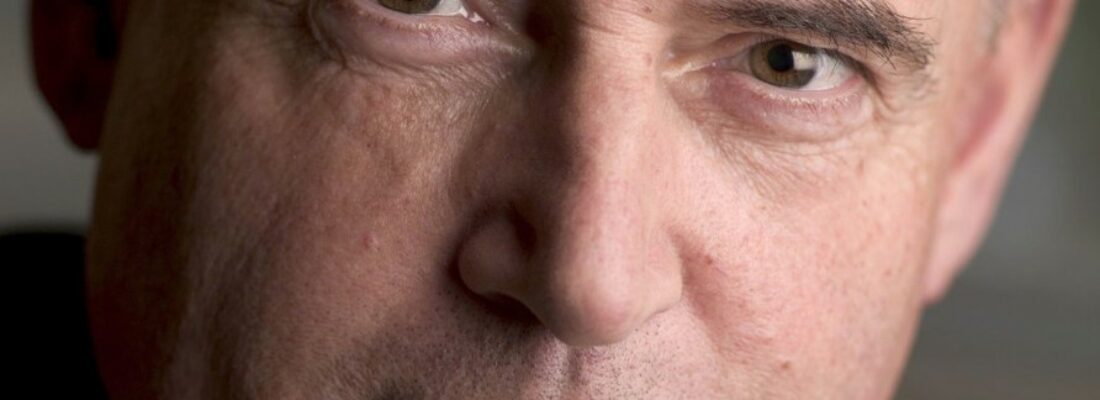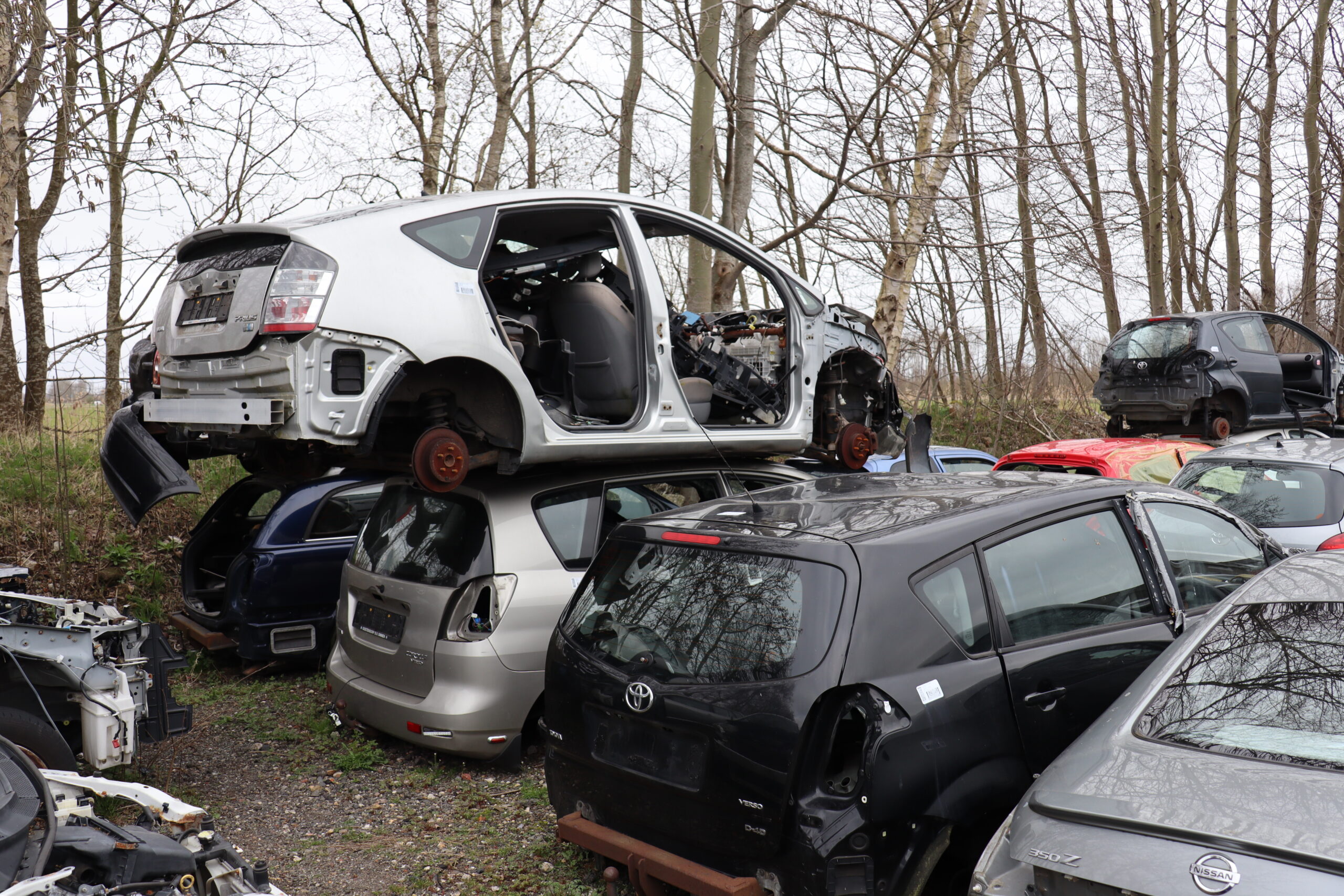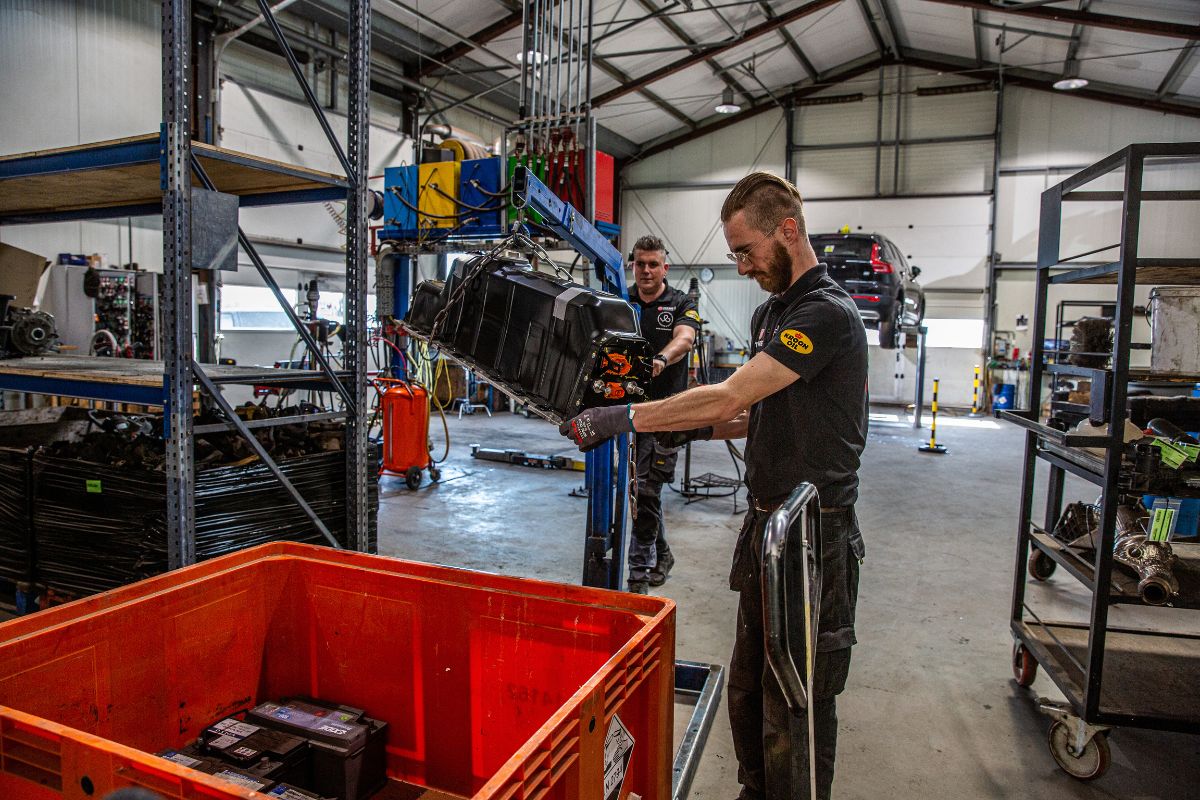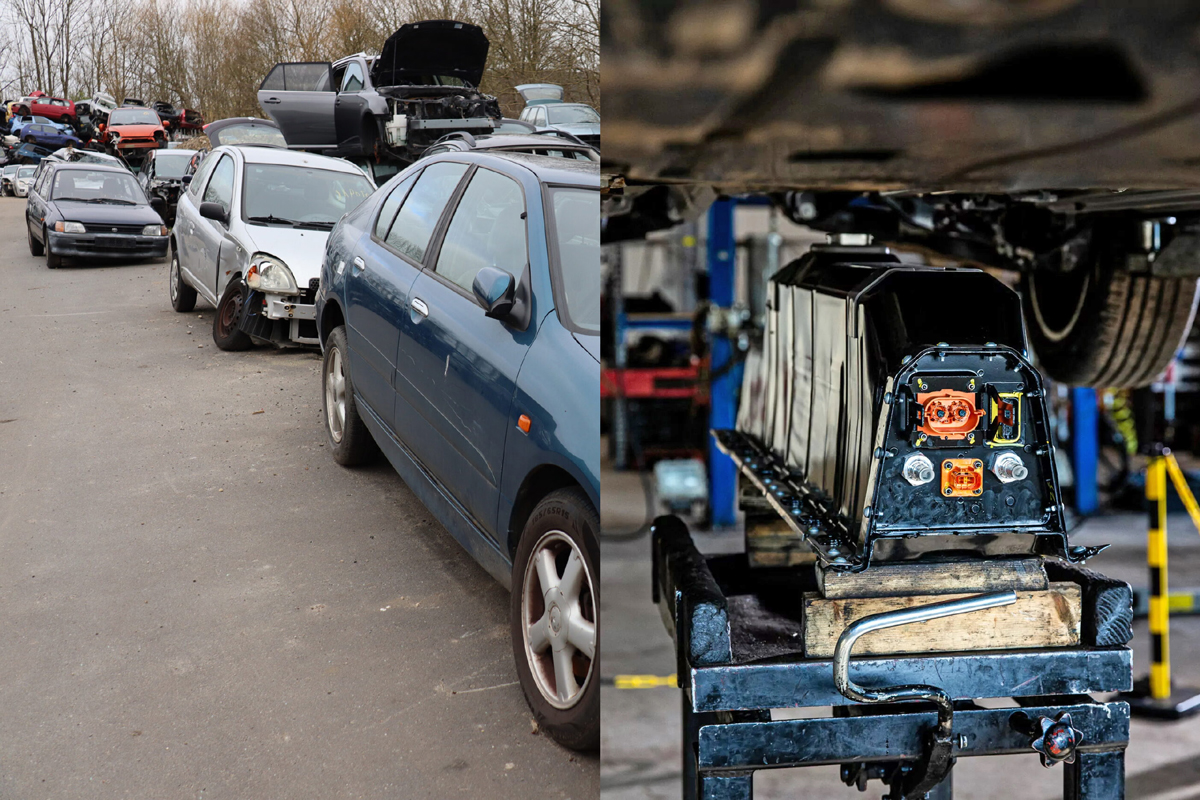The Netherlands is ready for the circular economy. More and more companies realise the need to switch to this system. A strong advocate of the circular economy is the leading economist and top executive Herman Wijffels. How does he define the circular economy? And why does he believe that this switch is so important?
Tekst Herman Wijffels
Herman Wijffels
Farmer’s son, economist and member of the CDA party, Herman Wijffels, 75, has held various top positions. These include Chairman of the Rabobank Executive Board and of the Social-Economic Council and Dutch administrator at the World Bank in Washington. As a formateur, he helped laying the foundation for the fourth Balkenende cabinet. He was also Co-chairman of World Connectors, an organisation dedicated to a sustainable and just world.
Sharing and recycling instead of possessing and discarding – that’s what the circular economy is all about. The goal is to create a sustainable society in which we handle natural resources more effectively. Herman Wijffels considers it the best way for companies to stay in business and benefits not only the companies themselves, but also society at large. A circular economy is necessary for society to continue functioning in the 21st century.
Transformation
Wijffels has explained the usefulness of a circular economy in numerous programmes, interviews and lectures in an engaging manner. Various films of these are available on YouTube. “The concept of the circular economy is based on the observation that, in the current circumstances with so many people in the world and so many products, we are putting stress on, depleting and polluting our national resources,” says Wijffels in an interview with Me Judice, an independent discussion forum aimed at stimulating debate among economists.
According to Wijffels, we have reached the end of a period that can best be described as the industrial age in which we have been living according to principles that originate from the Enlightenment period. But these principles have outlived their purpose. “A transition is needed to a new way of living and working,” says Wijffels. “We need to reinvent society, so that it functions properly in 21st century conditions. It’s time for a transformation.”
“We need to reinvent society, so that it functions properly in 21st century conditions. It’s time for a transformation.”
Take, make, dump
Wijffels states three important reasons for the transformation: high population growth, the enormous growth in affluence and a greater awareness on the part of the global population through improved educational opportunities. The current financial system and top-down approach to organisation are no longer in keeping with such developments, nor is the way in which we deal with our raw materials. At present, our approach is linear. We excavate raw materials or extract them from natural organic resources. We then use these raw materials to create products. Those products are then discarded at the end of their service life: take, make and dump.
This cannot continue. The growth of the population and affluence makes this approach wasteful and detrimental to resources. “It’s a matter of overshoot,” explains Wijffels. “We are living beyond the capacity of our planet. The result: overburdening of resources, scarcity and high raw material prices. We are operating past the limits of sustainability.”
Recycling and upcycling
The solution? We need to make the switch from a linear economy to a circular one. From a take, make and dump approach to a more efficient handling of resources and raw materials. “We need to treat nature in a manner that does not deplete it, but strengthens it,” say Wijffels. “This requires a different way of harvesting, such as harvesting energy from renewable sources that are not at risk of depletion and not overfishing the world’s oceans. These are the greatest challenges of the near future.”
Recycling is an important part of the circular economy. Organic materials need to be able to be used not once, but repeatedly. We need to be able to reuse products at the end of their life cycle. Upcycling is another option. This results in materials of higher quality than the original raw materials. Wijffels also mentions urban mining as an interesting alternative. In some cities, raw materials are reclaimed from household waste flows and wastewater. This makes it possible, for instance, to reuse valuable waste products like phosphate.
From ownership to borrowing
The reuse of materials requires a major transition. Ownership is being replaced by borrowing: customers no longer buy goods, but enter into an agreement with a supplier to use the goods. A frequently heard example is the carpet seller who no longer sells carpets but leases them. At the end of the life cycle of the carpet, the customer returns in and the carpet seller can reuse the raw materials.
Wijffels also mentions BMW as a good example of this transition. It envisions a future in which it is a supplier of mobility. This means providing customers with an electric car for commuting purposes and, for longer distances and holiday driving, an SUV, for example.
“We need to work together to create products with the lowest possible ecological footprint.”
Relocalisation
The transition also has consequences for the financial sector. “This sector once again takes on its former role, but in a different form, namely the financing of processes,” continues Wijffels. “The financing request switches from the user to the producer, such as of buildings, which will be leased more and more in the future. The collaboration in the production chain is increasingly intensive as a result. Consequently, there are fewer opportunities for speculation and more stable relationships. A by-product of the circular economy is also that more takes place on the local level, such as the use of solar energy and biomass. A relocalisation of the production process is the result.”
Lowest ecological footprint
Wijffels believes that the time has come for a circular economy. “It’s no longer a matter of an egocentric survival of the fittest, but of collaboration. We need to work together to create products with the lowest possible ecological footprint. All of the ingredients for this next phase in our development are already available and we have the knowledge and technology required.”
This is certainly the case with car recycling. In recent years, ARN has developed tremendous expertise in this area. The recycling of end-of-life vehicles and the recycling contribution this facilitates are in perfect keeping with the principles of the circular economy. In other words, ARN is ready for the 21st century. How about you?




